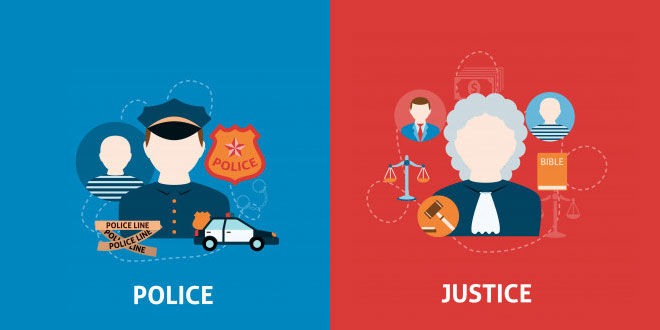Question: Explain the composition of the Council of Ministers.
Or
What is meant by council of Ministers? Explain the different categories of ministers.
Answer: The Council of Ministers is a large body, it consists all the three ranks of ministers. The Council of Ministers comprises of the three categories of ministers. These are:
- Cabinet Ministers: Constitute the inner ring of the council of ministers. These are the top-level leaders of the ruling party / parties who are in-charge of the important ministries. They usually meet to take decisions in the name of the council of ministers.
- Ministers of State with Independent Charge: They are usually in charge of smaller ministries. They participate in the cabinet meetings only when they are invited.
- Ministers of State: They are attached to and are required to assist the Cabinet ministers.
Question: Give any three functions (or responsibilities) of the government.
Answer:
- Government collects taxes and uses it for administration, defence and development programmes.
- Government ensures security to the citizens and provides facilities for education and health.
- It formulates and implements several welfare schemes.
Question: What is public interest litigation? What is its importance?
Answer: Any one can approach the courts if public interest is hurt by the actions of government. This is called the public interest litigation. The courts intervene to prevent the misuse of the government’s power to make decisions. They check the malpractices on the part of public officials.
Question: What is job reservation? What is its importance?
Answer: Under job reservation policy some percentage of total government job vacancies are reserved for people and communities who are economically or socially backward. Job reservation policy give a fair opportunity to those communities who so far had not adequately been represented in government employment.
Question: Mention the ethical values which are reflected by the coalition government?
Answer:
- Accommodating different groups and factions
- Alliance
- Interdependence
- Cooperation
Question: Under what circumstances does the President exercise his discretion in the appointment of the Prime Minister.
Or
Explain the discretionary powers of the President.
Answer: With no single party getting a clear majority, a coalition of parties stake their claim to form the government. The President has to use his individual judgement and invite such a leader to head the government as Prime Minister, who can provide a stable government to the country.
Question: Why is there a need for political institutions?
Or
Why are political institutions important? Give any three points.
Answer:
- To take decisions: Countries need political institutions to take decisions regarding the welfare of the people. Institutions formulate various policies and programmes.
- Implementation: The decisions which have been taken are to be implemented. So countries need institutions to implement the decisions.
- To solve the disputes: Institutions are also needed to solve the disputes between various institutions.
- To take right decisions: Institutions help the governments to take the right decisions.
- To avoid bad decisions: Institutions follow a proper procedure to take decisions. Institutions make it difficult to have a good decision taken very quickly but they also make it equally difficult to rush through a bad decision.
 Class Notes NCERT Solutions for CBSE Students
Class Notes NCERT Solutions for CBSE Students





